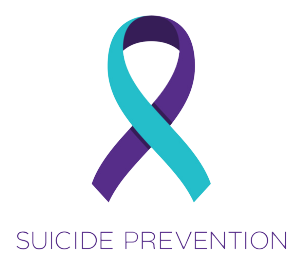Instruction
Student Social and Emotional Development
Social and emotional learning (SEL) is defined as the process through which students enhance their ability to integrate thinking, feeling, and behaving to achieve important life tasks. Students competent in SEL are able to recognize and manage their emotions, establish healthy relationships, set positive goals, meet personal and social needs, and make responsible and ethical decisions.
The Superintendent shall incorporate SEL into the District’s curriculum and other educational programs consistent with the District’s mission and the goals and benchmarks of the Ill. Learning Standards. The Ill. Learning Standards include three goals for students:
- Develop self-awareness and self-management skills to achieve school and life success.
- Use social-awareness and interpersonal skills to establish and maintain positive relationships.
- Demonstrate decision-making skills and responsible behaviors in personal, school, and community contexts.
The incorporation of SEL objectives into the District’s curriculum and other educational programs may include but is not limited to:
- Classroom and school-wide programming to foster a safe, supportive learning environment where students feel respected and valued. This may include incorporating scientifically based, age-and-culturally appropriate classroom instruction, District-wide, and school-wide strategies that teach SEL skills, promote optimal mental health, and prevent risk behaviors for all students.
- Staff development and training to promote students’ SEL development. This may include providing all personnel with age-appropriate academic and SEL and how to promote it.
- Parent/Guardian and family involvement to promote students’ SEL development. This may include providing parents/guardians and families with learning opportunities related to the importance of their children’s optimal SEL development and ways to enhance it.
- Community partnerships to promote students’ SEL development. This may include establishing partnerships with diverse community agencies and organizations to assure a coordinated approach to addressing children’s mental health and SEL development.
- Early identification and intervention to enhance students’ school readiness, academic success, and use of good citizenship skills. This may include development of a system and procedures for periodic and universal screening, assessment, and early intervention for students who have significant risk factors for social, emotional, or mental health conditions that impact learning.
- Treatment to prevent or minimize mental health conditions in students. This may include building and strengthening referral and follow-up procedures for providing effective clinical services for students with social, emotional, and mental health conditions that impact learning. This may include student and family support services, school-based behavioral health services, and school-community linked services and supports.
- Assessment and accountability for teaching SEL skills to all students. This may include implementation of a process to assess and report baseline information and ongoing progress about school climate, students’ social and emotional development, and academic performance.
| LEGAL REF.: |
Children’s Mental Health Act, 405 ILCS 49/. |
| CROSS REF.: | 1:30 (School District Philosophy), 6:10 (Educational Philosophy and Objectives), 6:40 (Curriculum Development), 6:60 (Curriculum Content), 6:270 (Guidance and Counseling Program), 7:100 (Health, Eye, and Dental Examinations; Immunizations; and Exclusion of Students), 7:180 (Prevention of and Response to Bullying, Intimidation, and Harassment), 7:250 (Student Support Services) |
UPDATED: November 18, 2024


